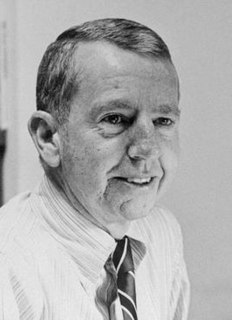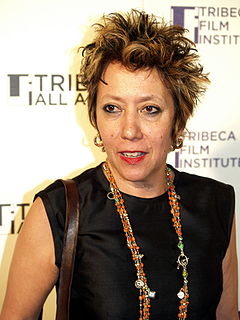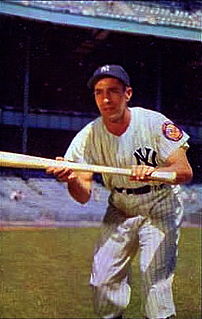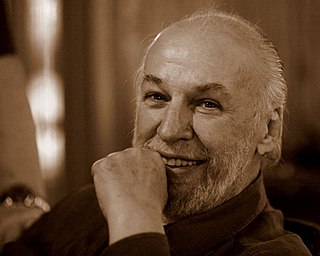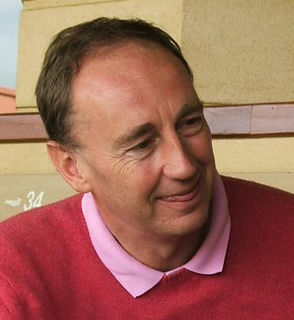A Quote by Vincent Canby
Radio wasn't outside our lives. It coincided with and helped to shape our childhood and adolescence. As we slogged toward maturity, it also grew up and turned into television, leaving behind, like dead skin, transistorized talk-radio and nonstop music. . . .
Related Quotes
In the 1920s and 30s, when Radio Shack was young, a much earlier generation of nerds swarmed into these tiny shops to talk excitedly about building radios and other transmission devices. You might say that Radio Shack helped define gadget culture for four generations, from radio whizzes up to smartphone dorks.
Listen- my relationship with radio on a personal level is nothing but a one way love-a-thon... I love radio, I grew up on radio. That's where I heard Buddy Holly, that's where I heard Chuck Berry. I couldn't believe it the first time I heard one of my records on the radio, and I STILL love hearing anything I'm involved with on radio, and some of my best friends were from radio. But we were on different sides of that argument, there's no question about that.
